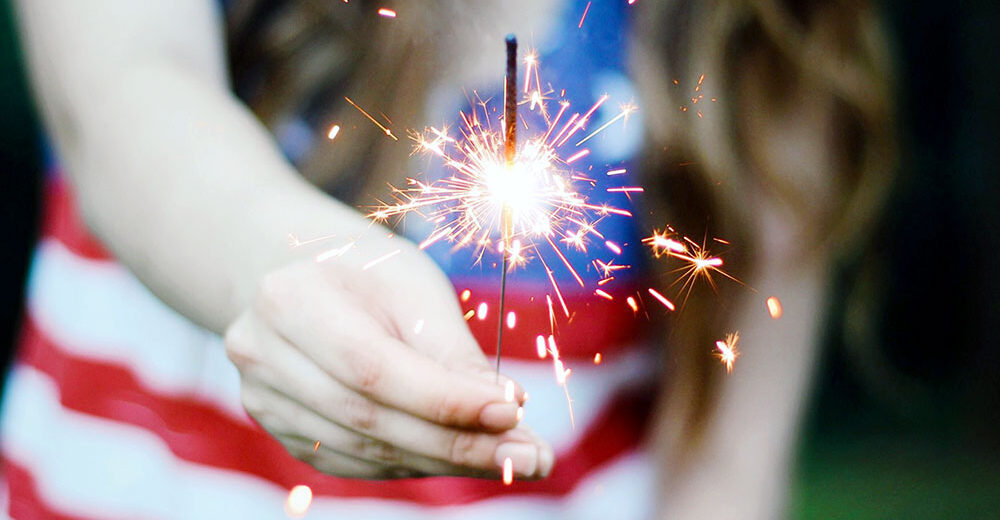With Independence Day around the corner, people are gearing up to celebrate. The Fourth of July is full of backyard parties, barbeques, and of course, fireworks. For many, watching a breathtaking fireworks display is the cherry on top of a fun and exciting day. However, this often calls for a loud celebration. So loud, in fact, it can put your hearing at risk if you are not careful. Fireworks are loud, deafening even, as they produce a sound output that ranges from 150 to 175 decibels. According to the World Health Organization, children should not be exposed to more than 120 decibels, and 140 decibels for adults. So, if you are not careful, you can put yourself at risk for hearing loss. Luckily, following our Fourth of July hearing safety tips below can help educate you, so you are still able to enjoy yourself while taking the proper precautions.
Anytime you are watching fireworks, in public, or from your driveway, you put your ears at risk. While we are not suggesting that you forego watching this exciting display, taking the proper precautions is necessary. Following these helpful Fourth of July hearing safety tips can help lower the risk of damage and prevent noise-induced hearing loss.





